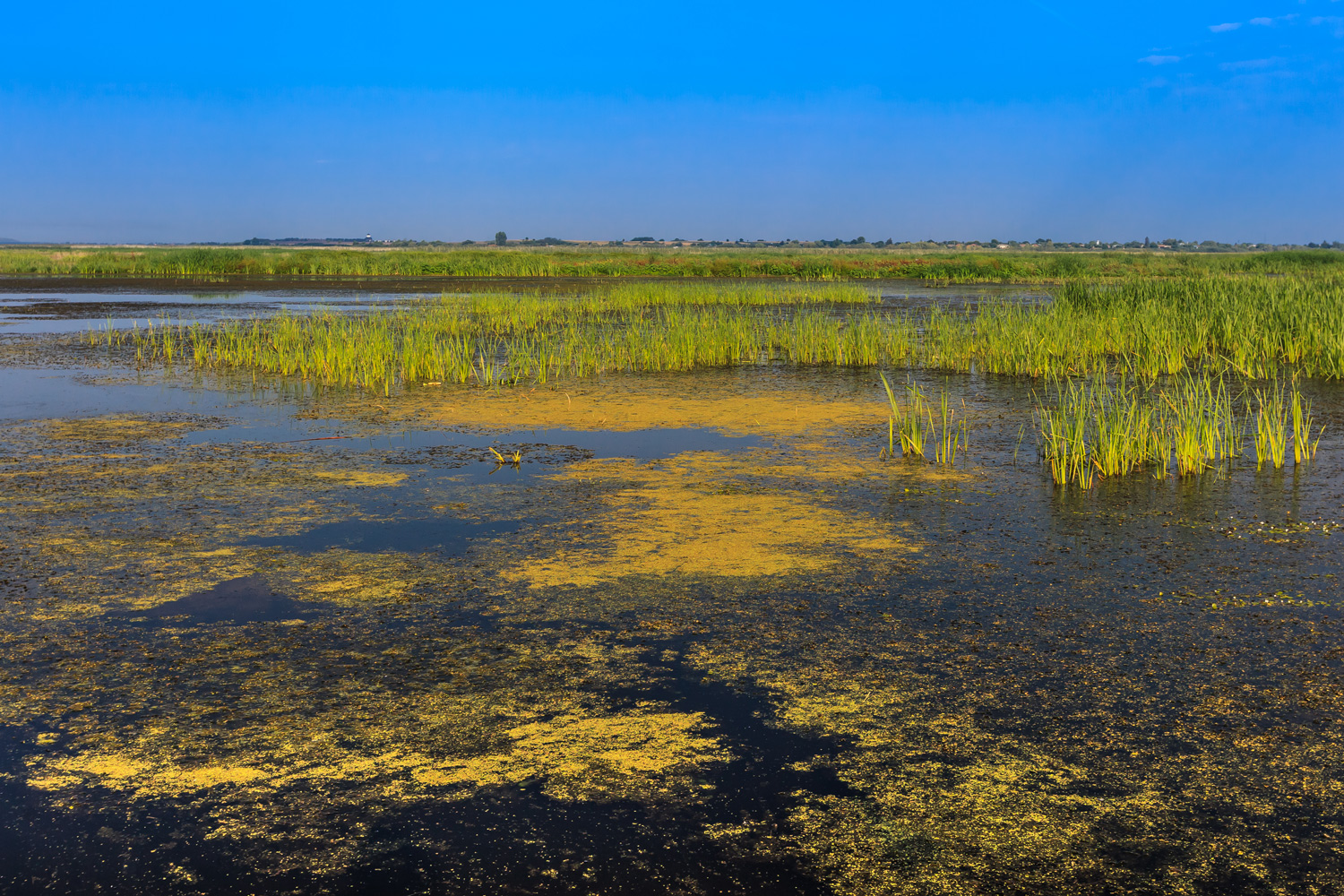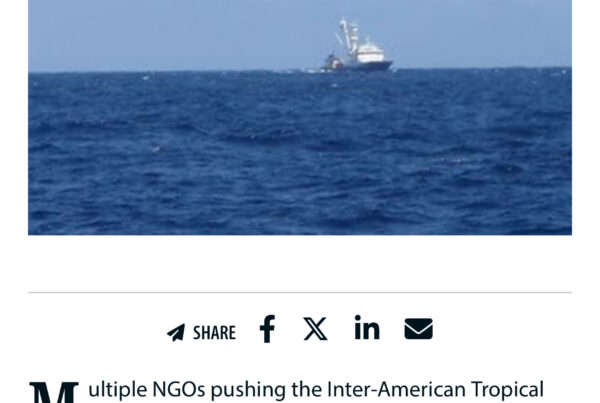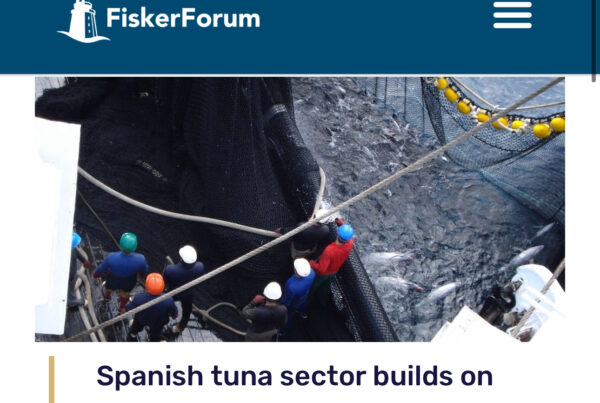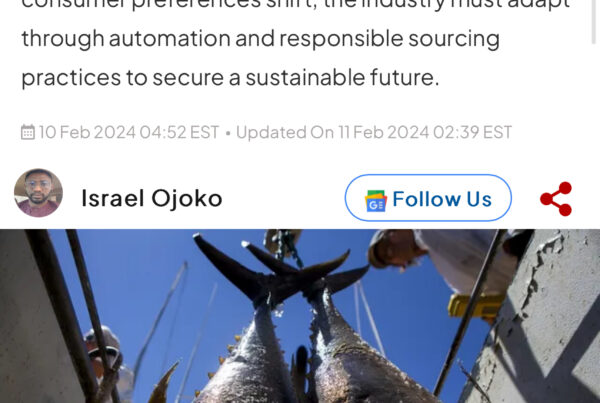Highlights
Marsh Madness 2022
While the college basketball players dueled it out in their tournaments, we’ve been keeping score of all the ways marsh habitat plays an important role in the protection and restoration work we do for communities, fish, and wildlife.
Secretary of Commerce Appoints Seven New Committee Members to NOAA’s Marine Fisheries Advisory Committee
The Marine Fisheries Advisory Committee advises the Secretary of Commerce and NOAA on all marine life matters that are the responsibility of the Department of Commerce.
2018 Report of Marine Mammal Strandings in the United States
These national and regional marine mammal stranding overviews detail marine mammal stranding rates, trends, and activities in the United States in a given year. In 2018, there were 7,320 confirmed marine mammal strandings in the United States.
Alaska
NOAA Fisheries Designates Critical Habitat for Ringed and Bearded Seals in U.S. Arctic
NOAA Fisheries is designating critical habitat in U.S. waters off the coast of Alaska for Arctic ringed seals and the Beringia distinct population segment of bearded seals. Both species are listed as threatened under the Endangered Species Act.
Scientists Use Innovative DNA Technology to Characterize Nearshore Marine Fish Communities in Southeast Alaska
Alaska, known for its vast geography and cold, productive waters, supports some of the most valuable fisheries in the world. But Alaska’s northern latitudes, diverse coastal habitats, and dynamic ocean conditions make studying these fisheries particularly challenging.
197 Million in Loans Available via the Community Development Quota Program
NOAA Fisheries is accepting loan applications totaling up to $197 million for fisheries-related projects for the six Community Development Quota groups in western Alaska. Up to $32.8 million will be available for each of the groups to borrow for eligible loan projects. This includes funds for fish quota, aquaculture products, and the refinancing of already purchased vessels.
West Coast
Collecting Data on Diverse West Coast Waters
Our latest podcast explores the ways our scientists survey West Coast waters from two perspectives—the northwest and southwest—as we continue our kickoff series on regional surveys.
Working with West Coast Tribes to Protect Endangered Species
In late 2019, the National Science Foundation proposed to fund a high-energy seismic research survey in the Northeast Pacific Ocean. It would take place off the coasts of Oregon, Washington, and Vancouver Island in the summer of 2021. These surveys inform earthquake and tsunami hazards in the highly populated Pacific Northwest. The surveys deploy airguns, which create sound waves that transmit through the water. Any marine life in the area could be affected by the sound, including salmon and Southern resident killer whales, which are culturally important to many Pacific Northwest Tribes.
Pacific Islands
NOAA Researchers Study Coral Reef Biodiversity Along Hawai’i Coast
This month NOAA researchers will sail aboard the NOAA Ship Oscar Elton Sette to study coral reef biodiversity. The expedition will depart from Pearl Harbor, O’ahu, and travel to Hawai’i Island. The researchers will survey reefs all along the west coast from ‘Upolu Point to South Point, returning to port on April 17.
Southeast
First Female Deputy Hired for NOAA Fisheries’ Southeast Regional Office
Kim Amendola brings a unique skill set of biology and communications to the leadership role.
New England/Mid-Atlantic
Building Better Chesapeake Bay Programs through Diversity and Inclusion
At the NOAA Chesapeake Bay Office, we are creating diverse and inclusive programs that more fully represent the communities we serve. So we are making changes to how we work in order to increase the diversity of the people, places, and programs we work with. Here are a few of our initiatives.
A Day in the Life of a Northeast Fisheries Observer
As a young child, Beth Nelson already knew that her future would involve the sea. While recovering after a serious car accident at age 4, Nelson spent months watching the movie Free Willy several times a day. Despite growing up in landlocked upstate New York, Nelson’s interest in marine science and marine mammals grew steadily and was encouraged by family and friends.
Changing Oceanographic Conditions and Environmental Justice Concerns in the Northeast Shelf
Two new reports show the Northeast continental shelf marine ecosystems are experiencing notable ocean warming and changes in oceanography. The reports include new indicators that evaluate environmental justice concerns.



